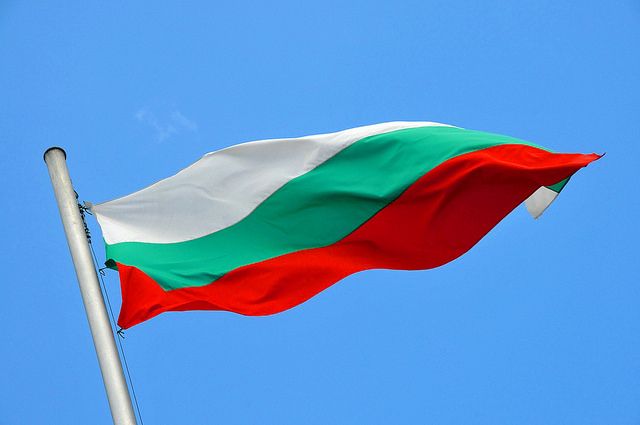
The Russian Institute for Strategic Studies (RISI) under the Presidential Administration (formerly subordinated to the Foreign Intelligence Service) immediately responded to the initiative of the Bulgarian president. An article appeared on its website about disagreements on the Russian issue and its risks for destroying the "Polish-Bulgarian friendship" and even "calls into question the future of the Intermarium, which the Polish president Andrzej Duda has ambitions to become a leader of," according to Euromaidan Press.
RISI's analysts noted that the idea of creating the Intermarium, an informal union which unites 12 Eastern European states for lobbying its agenda in the EU, "is of paramount importance" for the president of Poland. At the same time, the Kremlin authors wrote that it would be difficult to implement this idea in Warsaw, primarily because of "the significant disagreements the bloc's participants have regarding Russia" – simply speaking, because Poland refuses to solidify with the pro-Russian stance of Rumen Radev, Victor Orban (Prime Minister of Hungary) and Milos Zeman (President of the Czech Republic).
Bulgarian political commentator Georgy Dimitrov believes that RISI's coverage of the topic stated by Radev is no accident – after all, RISI was the first foreign organization that Radev met with after being elected as president.
Read alsoBulgarian minority in Ukraine approves of new education law in UkraineEven before the elections in Bulgaria, Dimitrov had noted that Radaev singled out good relations with Russia as a priority – he personally visited Moscow and met with people close to President Putin.
In the RISI article, none of these visits or previous ties were mentioned. The authors only noted that on the issue of anti-Russian sanctions, the Bulgarian president "has no disagreements with Prime Minister Boyko Borisov."
A year ago, former RISI director Leonid Reshetnikov openly called upon Radaev and Borisov "to clean up the current elites from the Euro-Atlantic factor – or the 'foam' of the Bulgarian nation," suggesting that there is more substance to the Bulgarian nation behind the veneer of a Euro-Altantic identity.
Read alsoRussian-Hungarian slap in the face of the EU and NATO. How long will the Allies remain silentIn the opinion of the expert Georgy Dimitrov, in addition to RISI, Borisov maintained other ties with Russian Special Forces.
The Bulgarian commentator states that in the two years before the election, Radev was a commander of the Bulgarian Air Force and contributed to the delay in the rearmament of Bulgaria's air forces by Western-made aircraft.
At the same time, back in October 2016, Radev repeated his point that Western sanctions against Russia should be abolished and that annexed Crimea has actually become the territory of Russia. According to him, Ukraine should be cautious with Russia, otherwise, it risks losing all of its eastern territories.
Read alsoWSJ: NATO plans to create two new commands amid Russia tensionsRISI recognizes that Rumen Radev is forced to maneuver between Moscow and the West. In the National Security Report of the Republic of Bulgaria for 2016, Russia's actions are viewed as "a source of regional instability" and a threat to "the main goal – a single, free and peaceful Europe." And Radev himself repeatedly stated his solidarity with the European Union and NATO membership; subsequently, his policy towards Russia is of a dual nature.

